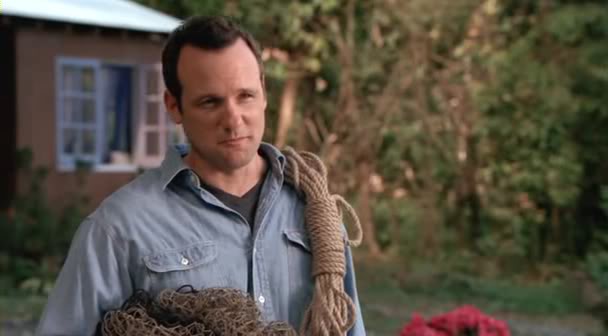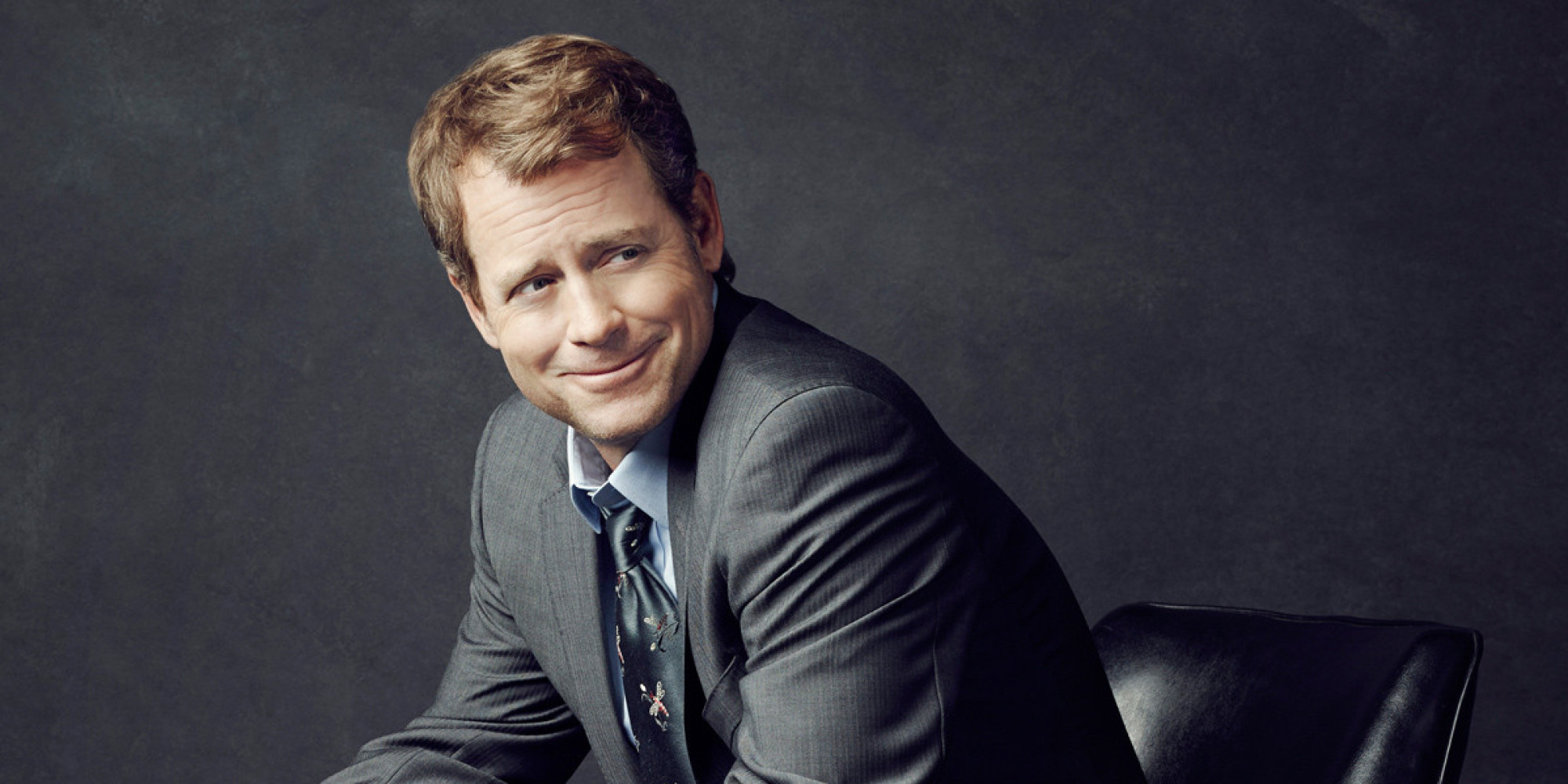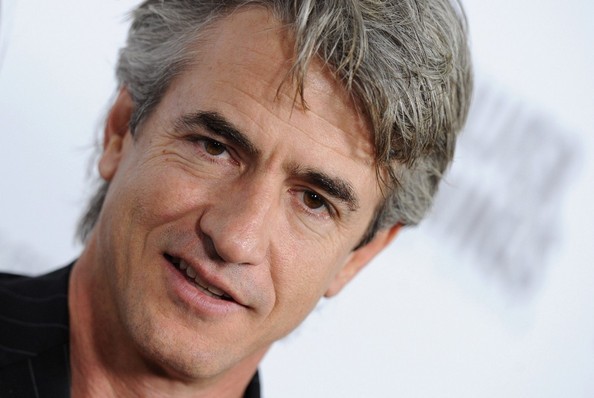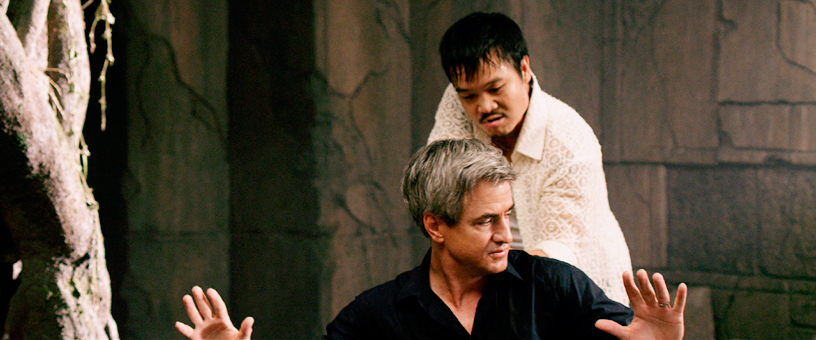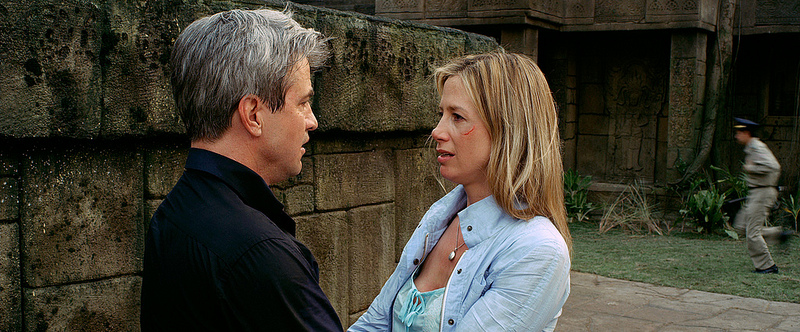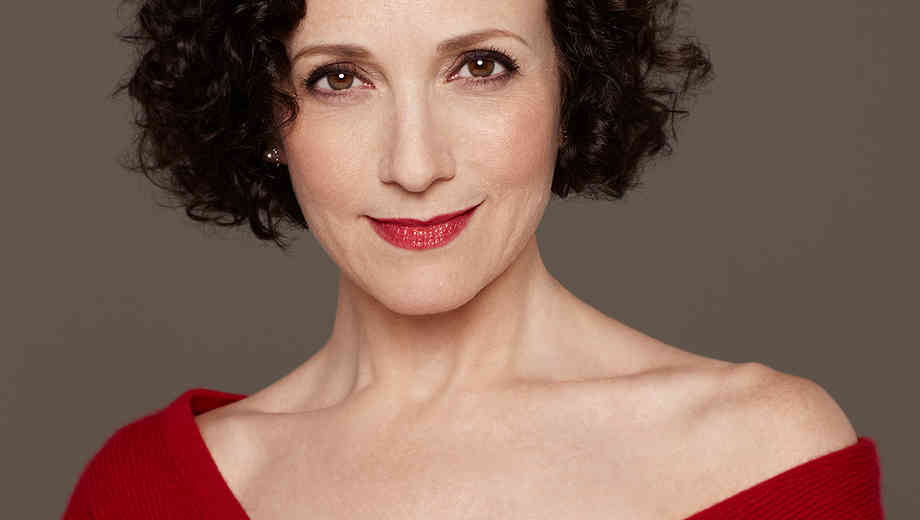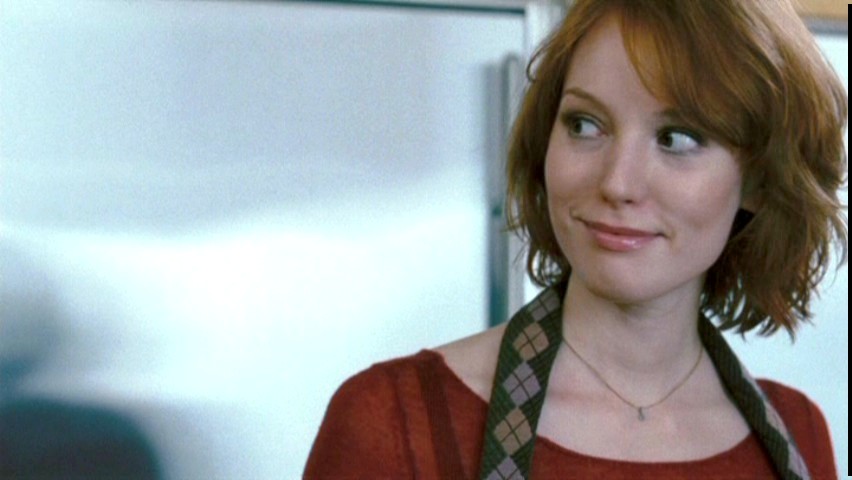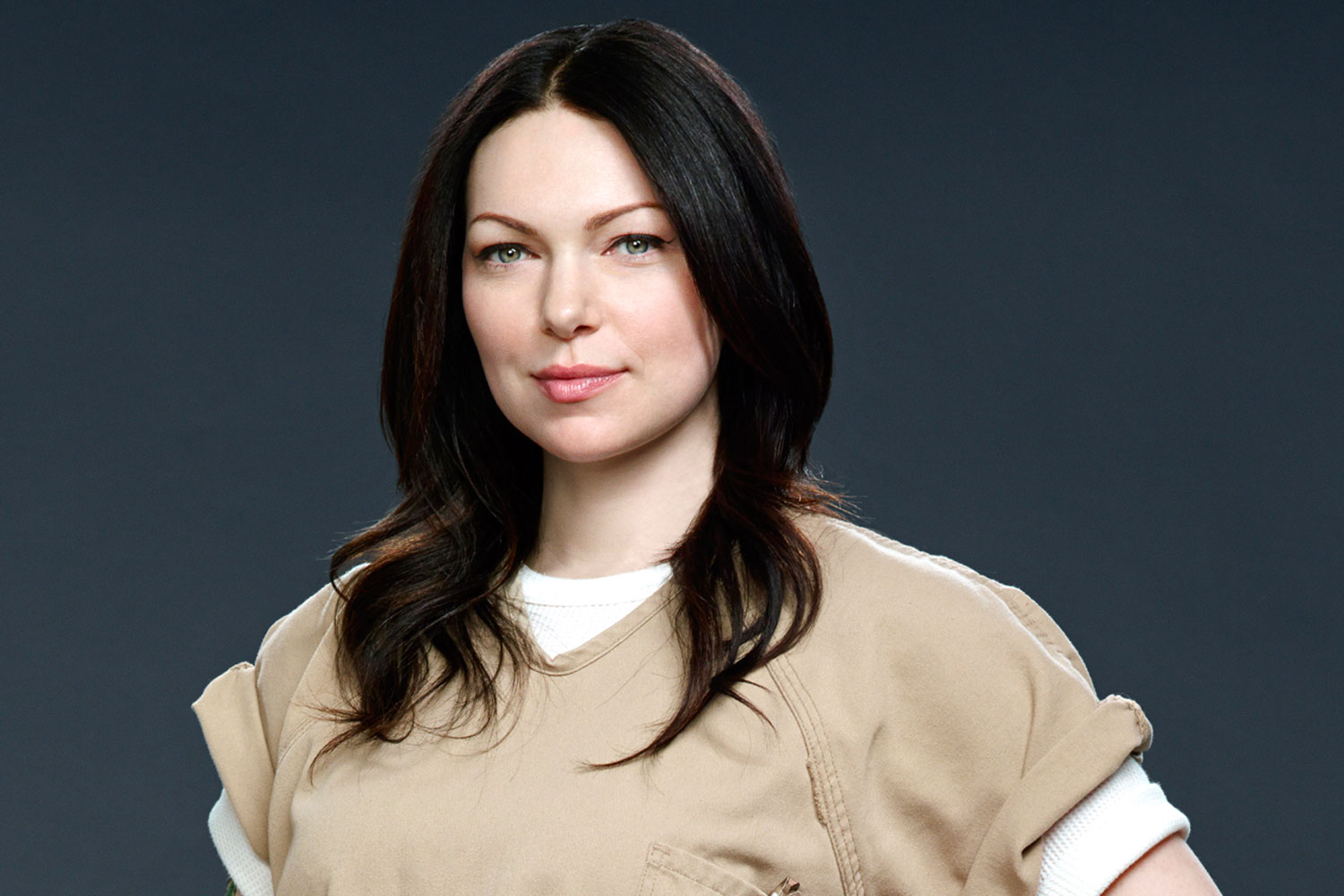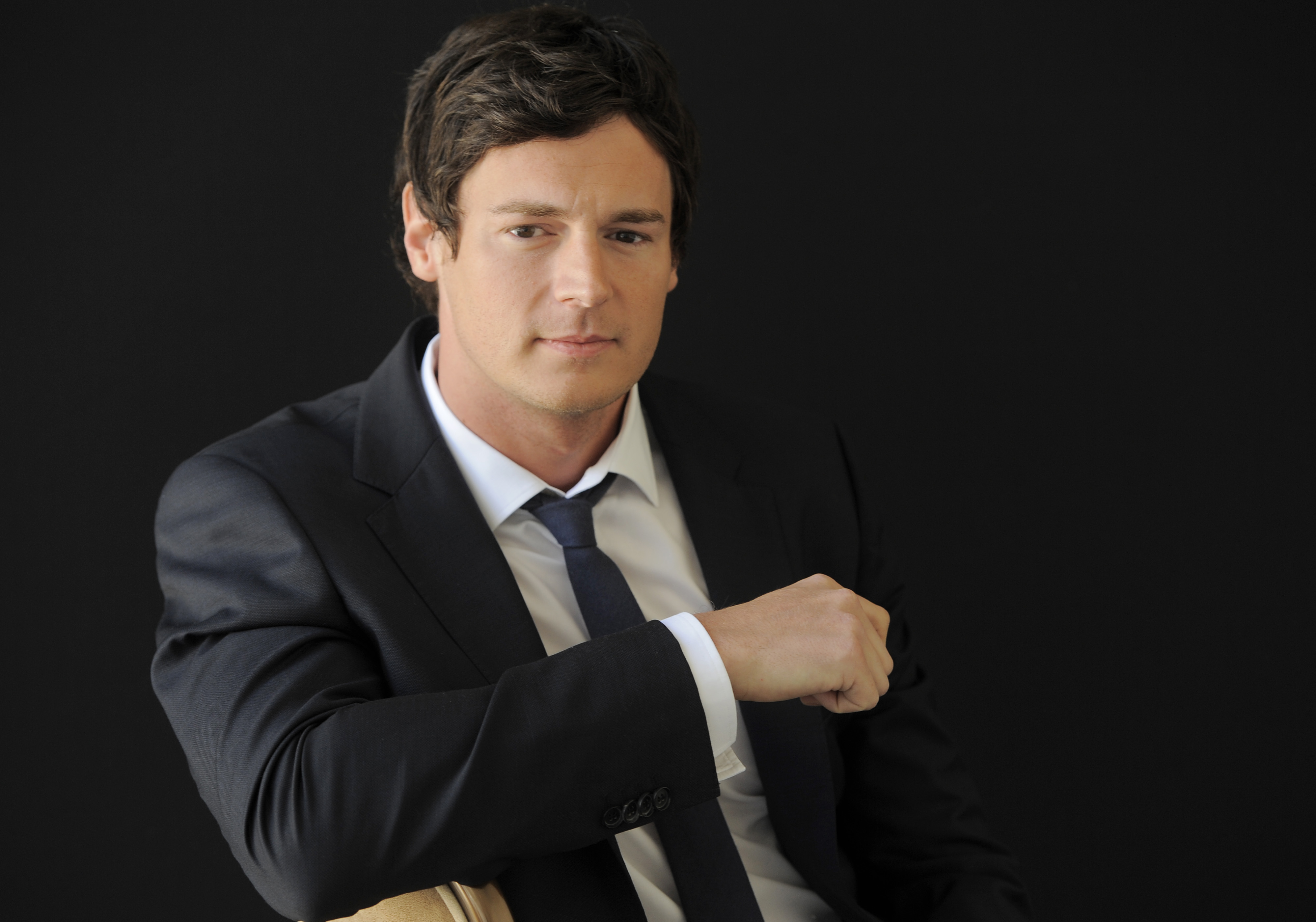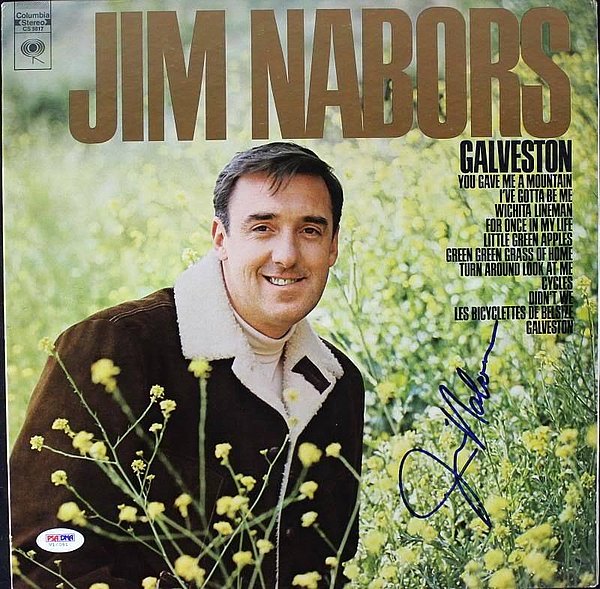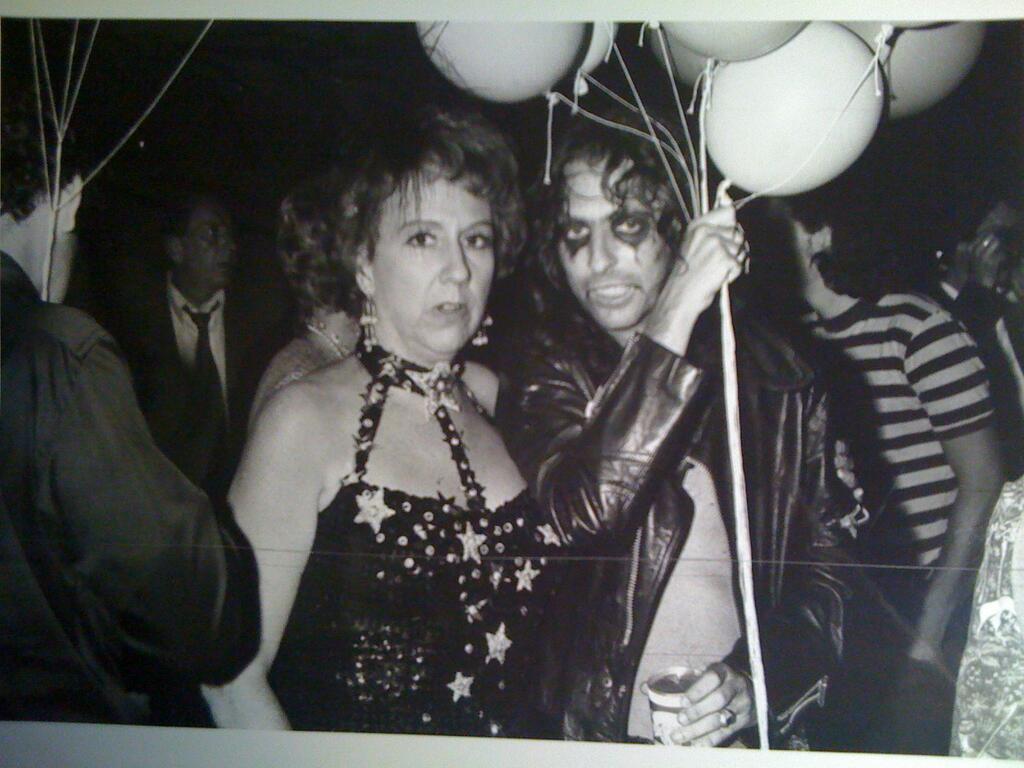Alicia Witt has been steadily holding on to her day job – that of an extremely successful working actor – until she can make real her dream job: that of singer-songwriter. That goal is becoming ever more realized now that she has debuted her self-titled EP and its well-received first single, “Anyway.”
“Making my own music has been a dream of mine for my entire life,” she confesses to me from her home in LA. “Three years ago, I finally just started doing it. All of the sudden, there were all these songs, and the more I write, the more come out. I can’t compare this time to any other time in my life because I feel that there was something missing in all the years before that.”
This new completeness – this wholeness – can be considered closure on all those “missing” years, which she attempted to fulfill with gigs on television and in movies.
In fact, you’ll recognize this redheaded stunner from any number of obscure little projects, such as The Sopranos, Friday Night Lights, Law and Order, Cybill, Ally McBeal, Twin Peaks, and even That’s Incredible. You may have also seen her in films like Dune, Four Rooms and Mr. Holland’s Opus.
However, like a good deal of art, the joy of creativity had sprung from the depths of pain and heartache.
“[The single] ‘Anyway,’ came about at the end of a really toxic relationship,” she says. “I started writing the song when things were really bad, with the understanding that the relationship was over. Still, I was trying to figure out why it had ended and why it had happened in the first place; how I could get myself into a place in my life where I was okay with being in a situation like that. And as I was writing the song, I was like, ‘I don’t really care anymore. It doesn’t matter. It’s over. There is no point in figuring out why or how.’”
The how and the why may not matter, but to Witt, the truth always does.
“There is not anything in the song that isn’t true,” she says. “In writing my own songs, even if I feel that it’s not something specific that happened to me, which this one is, I always want the words to be true. I’ll never put a lyric in because it rhymes or it fits. I would rather spend a really long time agonizing over the right lyrics so that it works with the music but also means what I wanted it to mean.”
The subject of the song, who shall remain nameless, is long gone, but the memories linger on (and some of them not so bad).
“We’re not in touch anymore,” she says of her former love. “I guess if he heard it, he would recognize the scenario. But some really great things can come out of breakups. I’m really grateful for the relationship for many reasons. I think everything happens for a reason. It’s so cool to be able to turn something like that into a song.”
Witt’s distinctive take on her newfound creative path reflects other aspects of her unique life, including her unusual career, education and even her taste in music.
“When I was growing up, I was kind of weird musically,” she says. “I loved the big band era more than anything. It was almost like I was born in 1941. I know all of those lyrics and singers. And I love Nat King Cole and songwriters like George Gershwin and Cole Porter. There was actually a radio station back home that I was a little obsessed with, [big-band format] WNEB. I listened to that station morning, noon and night.
“My mom listened to a lot of the sixties-style stuff, like the early Beatles. It wasn’t until I was much older, a teenager, that I started appreciating The Beatles and The Rolling Stones. There were some current pop songs that I loved, like ‘Total Eclipse of the Heart.’ For the most part, I was listening to big band music. I also loved piano-driven singer-songwriters like Elton John and Billy Joel and even Barry Manilow. I do think he’s a great songwriter.”
Before her eventual move to LA as a teenager, Witt was home-schooled in Worcester, Massachusetts by her parents, both of whom were teachers. Fun fact: her mom was once listed in The Guinness Book of World Records as having the longest hair in the world, at twelve feet (and she wore it in an updo).
“Home schooling was definitely better in some ways,” she says, “because my parents’ philosophy was that they wanted their kids to explore whatever they were most interested in at any given time. I studied classical piano very seriously. I didn’t have any particular curriculum to stick to. It wasn’t a regimented kind of education where we studied history and math and geography every day. It was more like I would find a chapter in a history book that interested me and I would read that for a week. We didn’t have tests. It was really unconventional, and I did know that. At that time, home schooling was not done nearly as much as it is today.”
Her TV debut, at age five, was on the ABC series That’s Incredible, where she – incredibly – recited Shakespeare. The nation responded by exclaiming, “That’s incredible!”
“It was my first time in front of an audience,” she recalls. “I can still remember the feeling I had the moment the audience responded to something that I had done. I was sort of astounded. I was doing a scene from Romeo and Juliet, with the host, John Davidson, as Romeo. He had his little pocket Shakespeare book that he was reading from. I remember that he had a long-stemmed rose that he was going to give me as part of the reading. At one point, he went to give me the rose, and he asked me if Romeo gave Juliet a rose and I said no, it wasn’t in the play. And so he tossed it over his shoulder.”
Among those watching this broadcast were film director David Lynch’s people, who were having a heck of a time casting a certain child character for his upcoming Dune movie adaption.
She says, “They had difficulty casting the role of a five-year-old who could speak in an incredibly adept way. [The character’s] mother had drunk this magic potion, the Water of Life. It gave the daughter all of this knowledge that she wasn’t supposed to have. The casting director thought that because I could read Shakespeare, I must be able to do this. I went to New York for the casting. It was like a dream. It was the first time that I realized that acting was a viable career option. I always loved acting, but I didn’t know that it was a possibility. I knew from that point on that I wanted to do that for the rest of my life. Before that, I thought I was going to be a painter and have a farm and run a restaurant and be a governess.”
She worked with Lynch again in Twin Peaks, his enormously successful foray into weekly television. The series baffled and confounded the country, but hooked millions of obsessed fans.
“David had actually written a part for me because we worked together on Dune,” Witt says. “My mother had gotten in touch with him when we moved to LA. At that time, I was basically trying to get an agent. I wasn’t a child actor. I just did that one film at age seven. [My character on Twin Peaks] played the piano; I’m still not exactly sure why she was dressed in a princess outfit and wearing a tiara. I didn’t really watch TV much, but I was excited to get the work with David.”
Despite her lack of attention to television, she had spent a lot time on it if not in front of it. By the mid-nineties, she had landed a regular role on the Cybill Shepherd sitcom, Cybill, playing the star’s quirky, cynical daughter.
“That was the first job I had that allowed me to quit my day job as a pianist at the Beverly Wilshire Hotel,” Witt says. “It was a very, very, very big deal for me. I will always remember the day I got the part. I had gone through all these auditions and then there was a network test. There were all these people in suits sitting around staring at me. I had gone in and done my scenes the same way I had done them in the past five auditions. It was the final round, so basically I was either going to get it or not get it. I walked out of there thinking, ‘well, I did my best.’ About thirty seconds later, I was walking to my car and I heard a voice behind me call my name and it was Cybill. She was walking toward me with a few of the producers behind her and she said, ‘Congratulations, honey, you’ve got it! I just wanted to tell you!’ I screamed so loud. I called all my friends!”
The highly regarded series was also a chance for her to display her musical chops (while playing “Chopsticks!”).
She recalls, “There was a piano on the set, and I don’t think it ever came up in meetings that I played the piano. When we were doing rehearsals for the pilot, they figured I might as well be playing the piano, because it was there. They worked out a little skit where I started out playing this complicated Mendelssohn piece, and then Cybill walks in and I started playing ‘Chopsticks.’”
There were exceptions to her little-or-no-TV rule; for instance, she was already a fan of the heavily-music-packedcomedy-drama Ally McBeal before she was cast in the show.
“I was really excited to be on it and that came about because I was a huge Ally McBeal fan,” she says. “It was one of the only times that I genuinely felt star struck. There have only been a few shows in my life that I have watched religiously. I’m much more into watching movies than I am television. I wanted to make sure I was home every Monday night to watch it. I was obsessed with it.”
She also became hooked after the fact, like when she became a Sopranos fan after she landed the role as a film exec who “helps” Christopher (Michael Imperioli) with his screenplay.
“I didn’t watch The Sopranos until I was on it,” she says, “I went back and watched it and became addicted. The experience was great. I felt like I was making a movie. There was a great crew and there was plenty of time to do as many takes as we needed. It was a very different process [than what I was used to with previous shows]. I realized that TV was changing a lot. It felt like shooting scenes in a movie. The lighting was beautiful and the acting was realistic and the writing was among the best I’ve ever read. I loved Michael Imperioli so much. He is really, really magical to work with.”
Movies figured into her career as well. She was part of a number of successful films post-Dune, including the classic Mr. Holland’s Opus, about the life and career of a high-school music teacher, starring Richard Dreyfuss.
She says, “I had a special connection to that film because it was not just about music, but it was about teachers. There was so much in it that my dad had gone through, even though my dad wasn’t a music teacher; he was a science teacher. To me, it was more about teachers than it was about music, specifically. I was just excited to get to work with Richard Dreyfuss, who I think is a great actor. He was really nurturing to me but he never talked down. He really encouraged me and made me feel very welcome. After he was nominated for an Oscar for that role, he took everyone in the cast and crew out to dinner. He reserved a restaurant for the whole bunch of us. He made a speech thanking us, saying that he would not have been nominated without us.”
Witt’s current TV project is Friday Night Lights, the acclaimed series that will air its final season this year. Here, she continues her streak of playing unusual characters in high-quality shows.
“I play basically white trash, which is really fun,” she says. “My character had a kid when she was in high school. She’s now in her thirties and she has a fifteen-year-old daughter. She is not the most responsible mother in the world, to say the least. She really tries her best but she makes some really messed-up judgment calls. She doesn’t think anything of having random guys come out of her bedroom early in the morning when her daughter is getting ready for school. She dresses way age-inappropriate. She has a really good heart, but she makes some questionable decisions. I completely loved playing her.
“I could not be prouder to be a part of [Friday Night Lights]. I’ve never worked on anything like it before. They have three cameras shooting at once. There is not really any blocking or rehearsal. There is an energy of complete realism about it that I don’t think it can be compared to anything, not even the more realistic type of film. It’s not even documentary style; it’s like these cameras are just placed around, capturing moments in people’s lives. As an actor, you don’t even know where the camera is going to be because it moves around from take to take. You almost feel like there are no cameras. It’s completely brilliant. And there is so much improvising that happens. I mean, obviously there are unbelievable scripts that we work from but half the time the directors say, okay, just ignore the words and say whatever you want. I can’t stress enough how incredible the lack of continuity is. It’s so free. I think it really shows up in the work. You don’t feel like you’re watching actors.”
However, we will continue to watch Witt as she takes us down more fascinating, unpredictable roads, involving both her music and acting.
“I can’t believe it, not even today,” she says as she looks back at her acting career and looks forward to her singing career. “It’s such an incredible blessing. It’s a privilege to be able to do what I love for a living. I never, ever take that for granted or stop being amazed by it.”
This article originally ran in Popentertainment.com.
